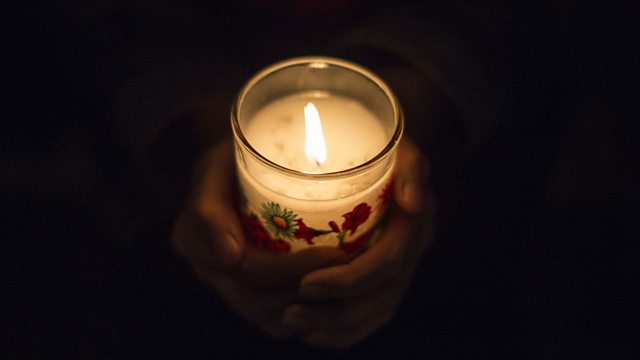Professor Michael Hurley - 13/11/2025
Thought for the Day
On Monday, Crisis – the UK’s leading homelessness charity – published its State of the Nation report. It makes bleak reading. Last year, almost 300,000 people across England either found themselves sleeping rough or living in unsafe temporary accommodation. That’s 45% higher than in 2012, and up 21% even since 2022.
The solution to such a vast problem must be political as well as charitable. But the problem is also, it seems to me, psychological. As a nation, we seem to have accepted homelessness as an inevitable fact of modern life. Or perhaps we’ve just forgotten what being homeless really means.
Consider some outdated synonyms: Vagrant, tramp, vagabond, drifter, itinerant, hobo, down-and-out, beggar, derelict, wayfarer, mendicant, squatter, rover. They are all striking in their own way, and there are other modern coinages too, like street-person, or rough-sleeper. Yet ‘homeless’ remains, I think, the best term we have. For a start, ‘homeless’ doesn’t carry the negative or criminal connotations that go along with, say, vagrant, tramp, or derelict. Nor does it risk romanticising, like vagabond, wayfarer or drifter, which imply a free, chosen, or even adventurous life. And the modern variations seem rather thinly descriptive.
‘��ѿ��ýless’, by contrast, is a word with Old English roots that carries a deep meaning while also being boldly simple. It affirms a fundamental human need – the home – while signalling that this need remains unfulfilled. The word’s meaning is almost self-explanatory, but it’s been worn away by overuse, so that we rarely reflect on what it actually spells out.
From a Christian point of view, the home is not merely shelter, but a place of belonging and dignity. “My people shall dwell in a peaceful habitation”, says Isaiah. Catholic social teaching calls decent housing a basic human right, a matter of justice rather than charity, because to have a home is to share in the stability and security that God wills for every person made in His image. To be made home-less is therefore to be made, in some sense, less human. Research on people suffering homelessness in the UK documents, among other things, social isolation and stigma, depression, anxiety and a loss of confidence. The moral measure of society is how far it allows such damage to go unanswered.
Of course, merely talking about homelessness cannot itself solve the problem. That will cost money and requires practical changes of the kind laid out by the Crisis report. Still, there is value in pausing over the language we use, to remind ourselves why the problem matters in the first place. To recover what it really means to be home-less is no substitute for action, but it may just be where the will to act begins.
Duration:
This clip is from
More clips from Thought for the Day
-
![]()
Rev Roy Jenkins - 12/11/2025
Duration: 03:07
-
![]()
Professor Mona Siddiqui - 11/11/2025
Duration: 02:59
-
![]()
Rev Lucy Winkett - 10/11/2025
Duration: 03:11






